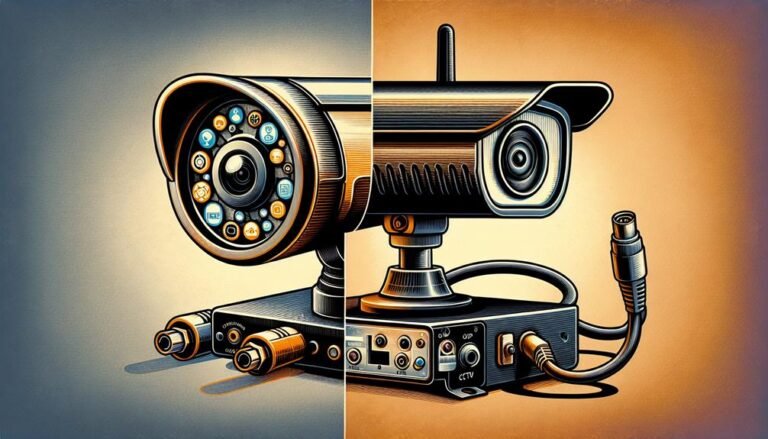How to Use Mobile as CCTV Camera Without Internet

You can turn your mobile into a CCTV camera without internet by following these steps. First, choose a phone with a good camera and long battery life. Download a surveillance app like Alfred or IP Webcam, and complete the setup…






